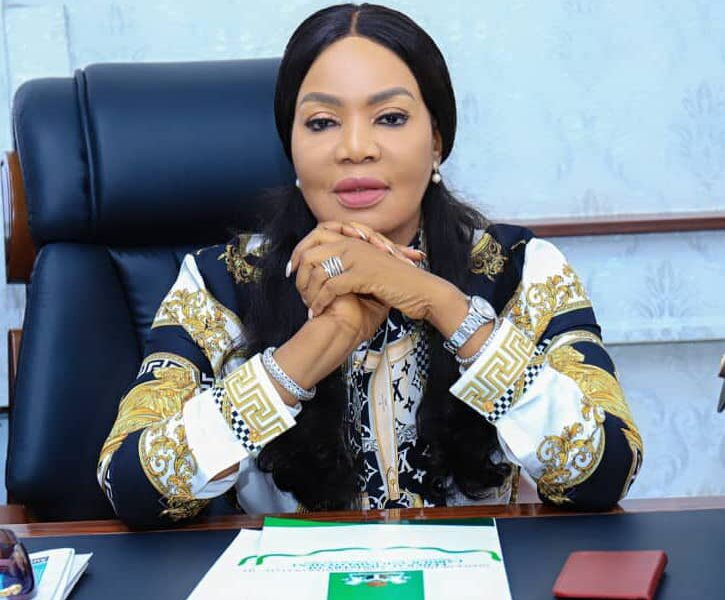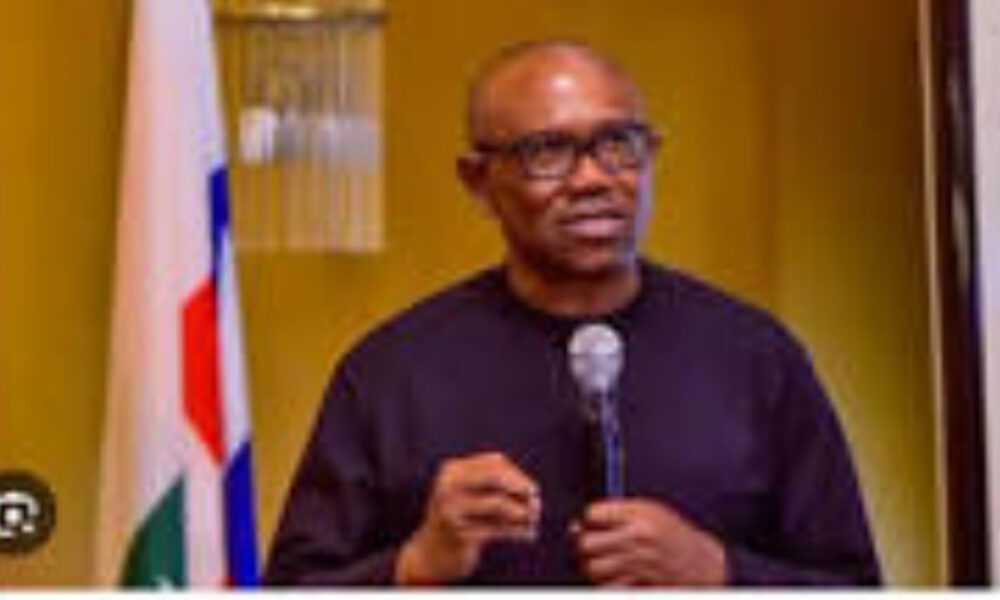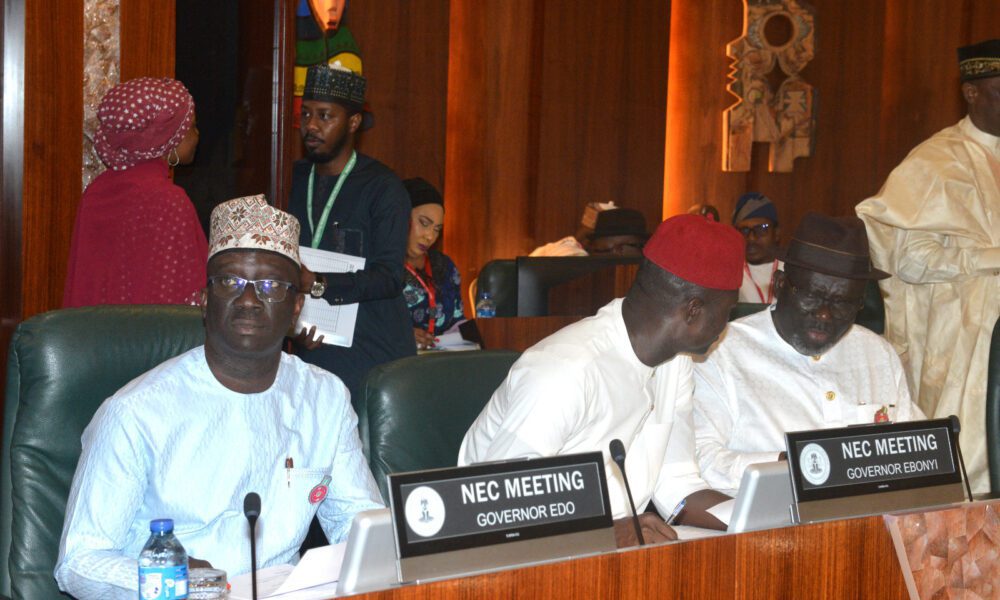The Minister of State for Labour and Employment, Barr. Nkeiruka Onyejoecha, has caution the organised insisting that embarking on a nationwide strike is not in the best interest of the country and its people.
In a statement by her Special Adviser (Media) Emameh Gabriel the minister
Minister advised the workers unions to have a rethink as declaring a strike in the middle of ongoing negotiations would not only compound the economic woes but also exacerbate the suffering of millions of Nigerians who are already struggling to eke out a living from their daily endeavors.
Explaining further the Minister noted that the “government has consistently demonstrated commitment and goodwill throughout the negotiations with organised labour.
She pointed out that the government’s proposals were carefully crafted, taking into account the country’s economic realities and incorporating innovative solutions.
“These proposals include a comprehensive package featuring a wage increase to N60,000 for federal workers, the introduction of CNG-fueled buses, and enhanced financial access for Micro, Small and Medium Enterprises (MSMEs). “Additionally, the government has pledged investments in strategic sectors such as agriculture, manufacturing, education, healthcare and many others that are already in the pipeline.
She however cautioned that any new minimum wage must not lead to widespread job losses, particularly in the Organised Private Sector, which employs the bulk of the nation’s workforce
“This sector is crucial to the country’s economic growth and stability. The government’s stance is rooted in a deep understanding of the negotiations, demonstrating its dedication to finding a balance between the needs of workers and the economic realities of the country.
“The goal is to establish a minimum wage that is not only realistic but also sustainable, avoiding any potentially detrimental consequences for the economy.

“By adopting this approach, the government aims to safeguard the interests of both workers and employers, ensuring that any agreement reached is mutually beneficial and does not jeopardise the country’s economic progress.
“This balanced stance is crucial for maintaining harmony in the workforce and driving national growth”, she explained.
The Minister expressed disappointment that in a surprising turn of events, organised labour abruptly exited the negotiations yesterday, despite the government’s flexibility in rescheduling the meeting from Monday to Friday, May 31st, to accelerate the talks.
“Labour unions remained adamant in their demand for a staggering 1,547% wage increase, after the government’s proposed 100% increase, accompanied by various incentives for workers.
“It is widely acknowledged that the labour unions’ demands are unrealistic, given the country’s current economic position. The government takes into account the nation’s fiscal constraints and the need for sustainable economic growth. In contrast, labour’s demands seem disconnected from the economic realities, potentially jeopardising the very gains they seek to achieve”.
“The government’s willingness to engage in dialogue and its demonstrated flexibility in the negotiations underscore its commitment to finding a mutually beneficial solution. However, labour’s inflexibility and unrealistic expectations may hinder the progress made thus far, ultimately harming the workers they represent and the nation as a whole, the minister added.
She however, urged the unions to reconsider their decision and continue engaging in constructive dialogue to find a solution that benefits all, as strike will disproportionately harm the most vulnerable segments of our society. She concluded by asking
organised labour to continue to respect the principles of social dialogue, engaging in good-faith.




